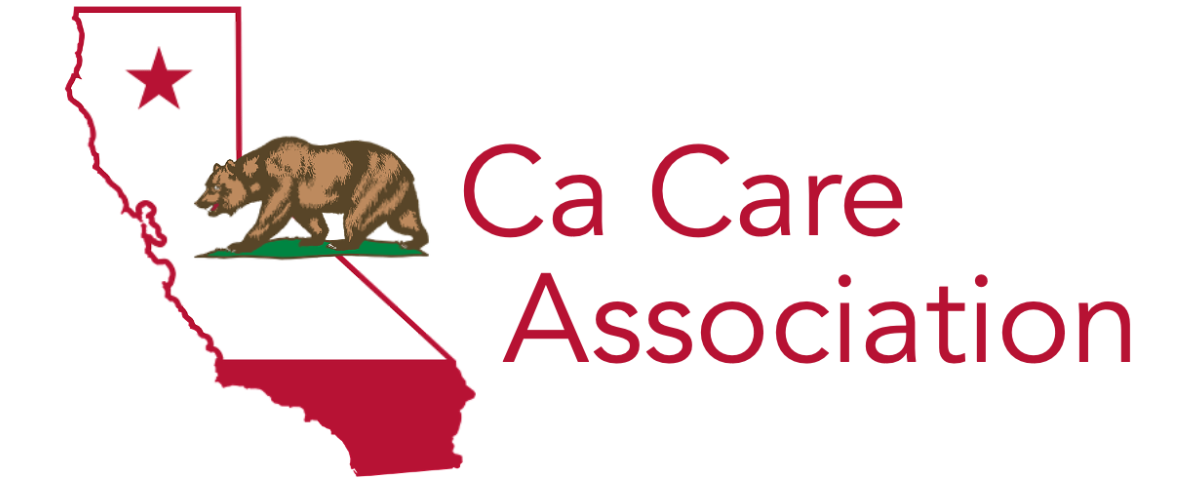
News
- ARF 1
- American Heart Association 1
- Blogs 76
- CDSS 1
- Caregivers 2
- Community News 2
- Community Partners 6
- Department Announcement 3
- Emergency Medical Situation 1
- Events 25
- Home Care 1
- Medical Emergency 1
- Monthly Meetings 1
- News 3
- PCGLA 1
- Philippine Consulate 1
- Press Release 9
- Provider Information Notices (PINs) 1
- Provider Stakeholder Meetings 4
- RCFE 1
- Residential Care Facilities 1
- Trainings 4
- Webinar 1
- community actions 1
- day program 1
- dds 1
- family caregiver 1
- grants 2
- kapwacaregiver 1
- providers 1
- start up funds 1
CDSS announces organizational changes in the Adult and Senior Care Program (ASCP)
The California Department of Social Services (CDSS), Adult and Senior Care Program (ASCP) has made some changes to optimize administration services. The CCLD programs are now more evenly distributed so that similar work can be done without duplicating efforts, improving resident safety in adult care facilities across the state.
Information on Change Distribution Method – Notice of Incomplete Application
The Administrator Certification Section (ACS) of the California Department of Social Services through “The WIRE”, an electronic communication from ACS has announced that it will distribute Notice of Incomplete Application(s) to Certified Administrators beginning next month, February 1.
Updated Form and Guide for Emergency and Disaster Plan for Adult Community Care Facilities
California Department of Social Services through its Community Care Licensing Division (CCLD) has released an updated Emergency and Disaster Plan form for Adult Care Facilities.
EPINEPHRINE AUTO-INJECTORS (EpiPen)
The Good Samaritan laws that govern the use of EpiPen auto-injectors which are prescribed by licensed health care professionals in Civil Code section 1714.23(b)(1) and Health and Safety Code (HSC) section 1797.197a., allow a licensee of an adult or senior care facility to use a lawfully prescribed EpiPen auto-injector on a client or resident who is suffering or reasonably believed to be suffering from anaphylaxis.
New Guidance on Quarantine for Health Care Personnel (HCP) Exposed to COVID-19 and Return to Work for HCP with COVID-19
In response to the increasing number of cases from the Omicron variant, the CDC has issued a new guidance on how to isolate or quarantine healthcare personnel (HCP) to reflect what is currently known about infection and exposure in the context of vaccination and booster doses.
Ca Care Association thanks Bezaworx for its continuous support.
CA CARE ASSOCIATION is a 501(c)(3) organization working with Home and Community Based Care Providers to support the industry through education and Standardized Best Practices.
Selecting Residential Care: Top Considerations
Residential Care Facility for the Elderly (RCFE) and Adult Residential Care Facility (ARF) provides non-medical care, which can be highly beneficial for seniors and developmentally disabled adults. If your loved ones need to consider moving to an RCFE or ARF, it is crucial to understand what services and amenities these facilities offer.
Caring for Individuals with Developmentally Disability: Their Care and Challenges
In residential care settings Caring for any individual presents many challenges. Patience can be one of them. Even with physical and mental disabilities, every person deserves to be treated with dignity and respect.
Caring for individuals with Developmental Disabilities can be incredibly challenging because of the person's disability and due to their different personality and communication challenges.
Working Through Challenging Situations as the COVID-19 Pandemic Continues
This call will focus on (1) updates on the Omicron variant and monoclonal antibodies (2) how to work through common challenges with visitors (3) how to care for persons in care diagnosed with COVID-19 (4) and addressing the balance of wellbeing and safety for persons in care.










